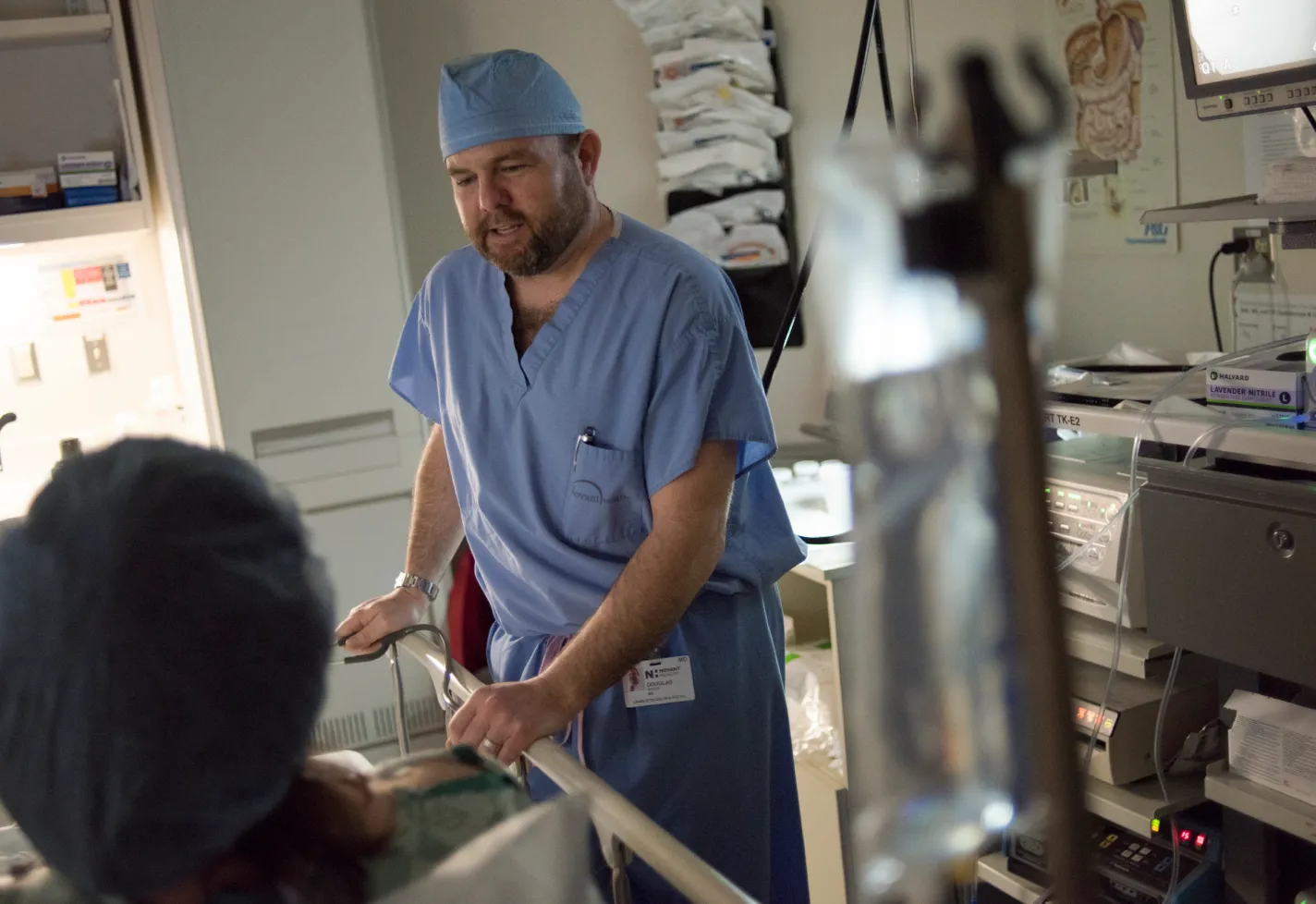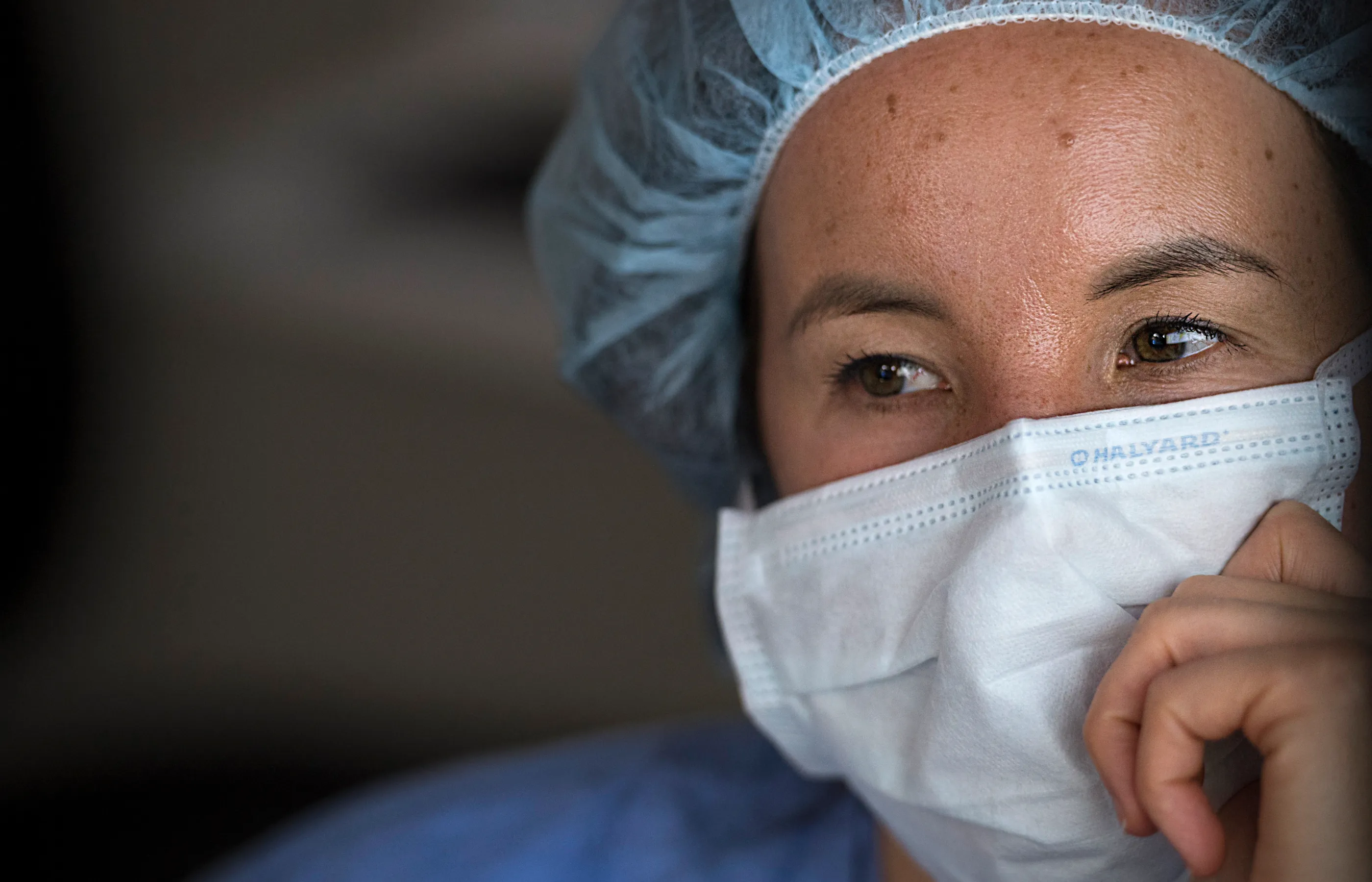Maxillofacial & Oral Surgery
Advanced care and treatment of the face, jaw, mouth and neck
When it comes to surgeries that affect your face, you’ll want a surgeon who has the experience and expertise to relieve your pain and restore your appearance, if needed. The maxillofacial specialists and oral surgeons at Novant Health provide expertise to handle delicate surgeries involving the face, mouth, jaw and neck.

Who performs maxillofacial surgery?
Highly specialized surgeons perform oral and maxillofacial surgery. These specialists are initially trained as dentists before completing a separate medical degree and surgical residency. Our maxillofacial surgeons treat everything from common conditions like impacted wisdom teeth to reconstructive surgery following an accident or cancer treatment.
What are my treatment options?
You might see a maxillofacial surgeon for cosmetic enhancements or reconstruction following an injury or other treatment. Our maxillofacial surgery team assists with dental implants, reconstructive surgery such as cleft palate, or trauma to the face, head and neck. If you're being treated for head and neck cancer, your team may also include a maxillofacial surgeon to help remove tumors as part of your care plan.
Our approach
A surgical procedure on the head, neck or face can affect how you look, eat and breathe. Our approach to maxillofacial surgery uses the most advanced methods and technologies. When possible, we use minimally invasive techniques to reduce scarring and recovery time so you can return to your daily life faster.
Maxillofacial Conditions and Treatments
Find Expert Care in Your Community.
If you’re considering maxillofacial surgery, we’ll help you find advanced oral surgeons nearby.
Novant Health maxillofacial surgeons provide patient-centered coordinated care using advanced maxillofacial surgery technology. See their specialties, locations and availability.


Safer, Faster Recovery With ERAS
Our surgeons adhere to the Enhanced Recovery After Surgery (ERAS) care pathway.
This means your entire care team follows scientific-based methods before, during and after surgery designed to reduce your pain, reduce your recovery time and enable you to go home faster.
